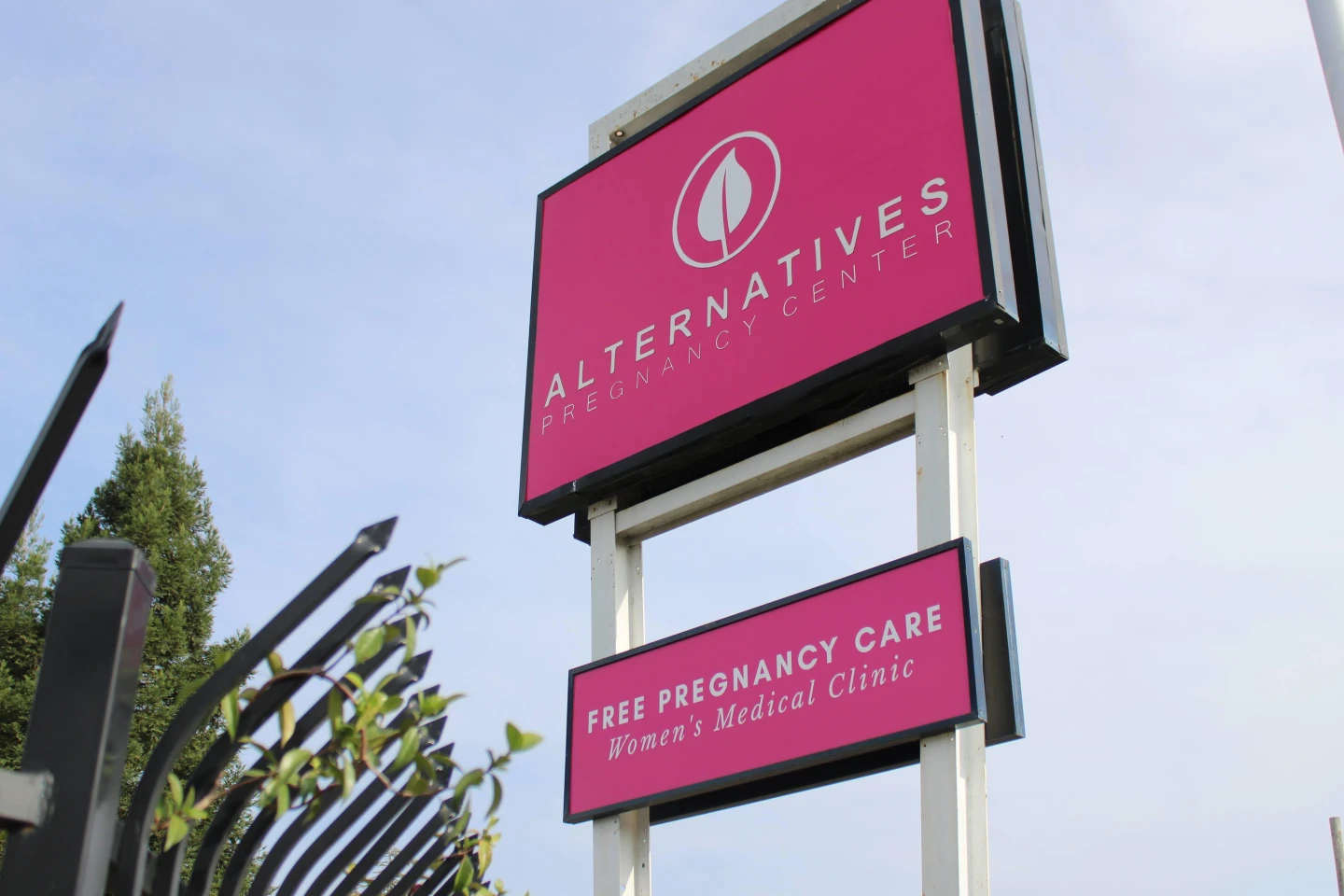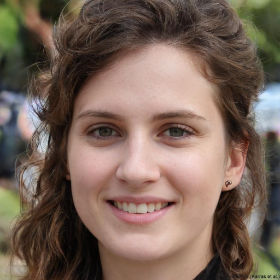Anti-Abortion Pregnancy Centers Expand Medical Services as Planned Parenthood Clinics Close
Faith-Based Centers Fill Growing Health Gaps as Reproductive Clinics Decline
Across the United States, anti-abortion pregnancy centers are quietly expanding their medical services, offering everything from STI testing to primary care. The growth comes as Planned Parenthood, the country’s largest reproductive health provider, shutters clinics amid funding cuts and policy changes.
The trend, which began years ago, accelerated after the Supreme Court’s 2022 decision to overturn Roe v. Wade. With abortion bans spreading across conservative states, many pregnancy centers — typically faith-based and privately funded — have moved to fill health care gaps left behind.
Replacing Planned Parenthood?
“We ultimately want to replace Planned Parenthood with the services we offer,” said Heather Lawless, founder of the Reliance Center in Lewiston, Idaho. Roughly 40% of its patients now come for non-pregnancy reasons, she added, with some using the center’s nurse practitioner as their primary care provider.
But abortion-rights advocates remain skeptical. They argue that many of these centers lack medical accountability, refuse to provide contraceptives, and sometimes offer “abortion pill reversal” treatments that experts deem unproven. Critics also warn that because most centers don’t accept insurance, they fall outside federal privacy protections like HIPAA.
Post-Roe Expansion and Funding
Known historically as “crisis pregnancy centers,” many began adding new services well before Dobbs v. Jackson Women’s Health Organization. Since that ruling, centers have expanded medical and educational programs with strong political and financial backing, especially from Republican-led states.
In Sacramento, California, the Alternatives Pregnancy Center added family physicians, a radiologist, and a high-risk pregnancy specialist over the past two years. The clinic, affiliated with Heartbeat International, now serves as a primary care provider for some patients, said director Heidi Matzke.
Among them is Jessica Rose, a 31-year-old woman who detransitioned after years of hormone therapy. “APC provided me a space that aligned with my beliefs as well as seeing me as a woman,” she said. The clinic has treated four similar patients over the past year.
Pregnancy Centers Rise, Clinics Decline
By 2024, more than 2,600 anti-abortion pregnancy centers operated nationwide — 87 more than the year before, according to researchers at the University of Georgia. In contrast, the Guttmacher Institute reported just 765 abortion-providing clinics remaining, a decline of over 40 from 2023.
Many of these centers receive direct taxpayer funding. Nearly 20 states now allocate public money to support them. Texas directed $70 million this fiscal year, while Florida committed over $29 million to its “Pregnancy Support Services Program.”
Meanwhile, Planned Parenthood faces major setbacks after being cut off from Medicaid reimbursements under legislation signed by former President Donald Trump. Those reimbursements had covered a large portion of its preventive and reproductive health services.
Health Care Gaps and Regulation Questions
Planned Parenthood said its affiliates might close as many as 200 clinics due to lost funding. Closures and service reductions are already underway in Wisconsin, Arizona, and Maine, raising fears of expanding “health care deserts.”
“Those centers should be regulated. They should be providing information which is accurate,” said Kaitlyn Joshua, founder of Abortion in America, whose home state of Louisiana lost its Planned Parenthood clinics in September.
Thomas Glessner, president of the National Institute of Family and Life Advocates, countered that the centers comply with state medical director oversight. “Their criticism,” he said, “comes from a political agenda.”
Different Missions, Different Standards
While some centers have adopted broader health missions, most still avoid providing contraceptives — a key difference from Planned Parenthood. “Our focus is on sexual risk elimination, not just reduction,” said Karolyn Schrage, executive director of Choices Medical Services in Joplin, Missouri.
Schrage said about two-thirds of the center’s work is now unrelated to pregnancy. Former client Hayley Kelly described Choices as a supportive environment, recalling how staff helped her through pregnancies after years of struggling with drug use and financial instability.
“It’s an amazing place,” Kelly said. “I tell everybody I know, ‘You can go there.’”


